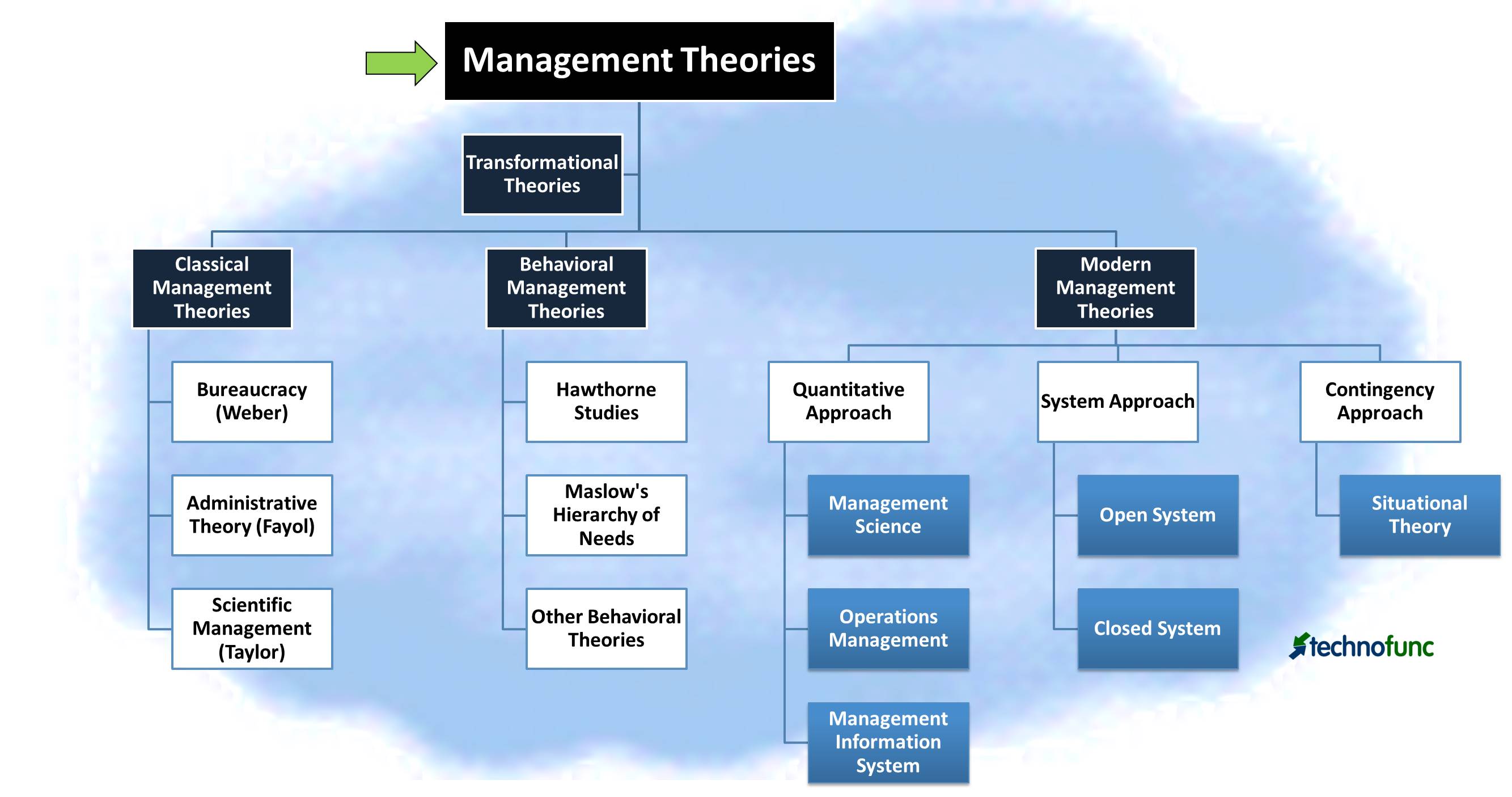Classical management is a management approach that was developed in the late 19th and early 20th centuries, and it focuses on efficiency and productivity. It is based on the idea that there are certain universal principles of management that can be applied to any organization, regardless of its size or industry.
One of the main principles of classical management is the division of labor, which involves breaking down tasks into smaller, more specialized units. This allows for greater efficiency, as each worker becomes an expert in their particular area of expertise, and it allows for the creation of a clear hierarchy of authority within the organization.
Another key principle of classical management is the use of scientific management techniques, which involve the use of data and analysis to optimize work processes and increase efficiency. This includes the use of time and motion studies to identify ways to streamline tasks, as well as the use of standardization and uniformity in order to improve quality and reduce variability.
One of the most well-known proponents of classical management was Frederick Winslow Taylor, who is considered the father of scientific management. Taylor believed that there was a single "best way" to perform each task, and that this "best way" could be determined through careful study and analysis. He argued that if workers followed these "best practices," productivity would increase and costs would decrease.
While classical management has been widely influential, it has also been criticized for its focus on efficiency and productivity at the expense of other factors, such as worker satisfaction and well-being. Some have argued that this approach can lead to a dehumanizing work environment and a lack of flexibility and creativity.
Despite these criticisms, classical management remains an important and influential approach to management, and it continues to be studied and applied in a variety of organizations today.






